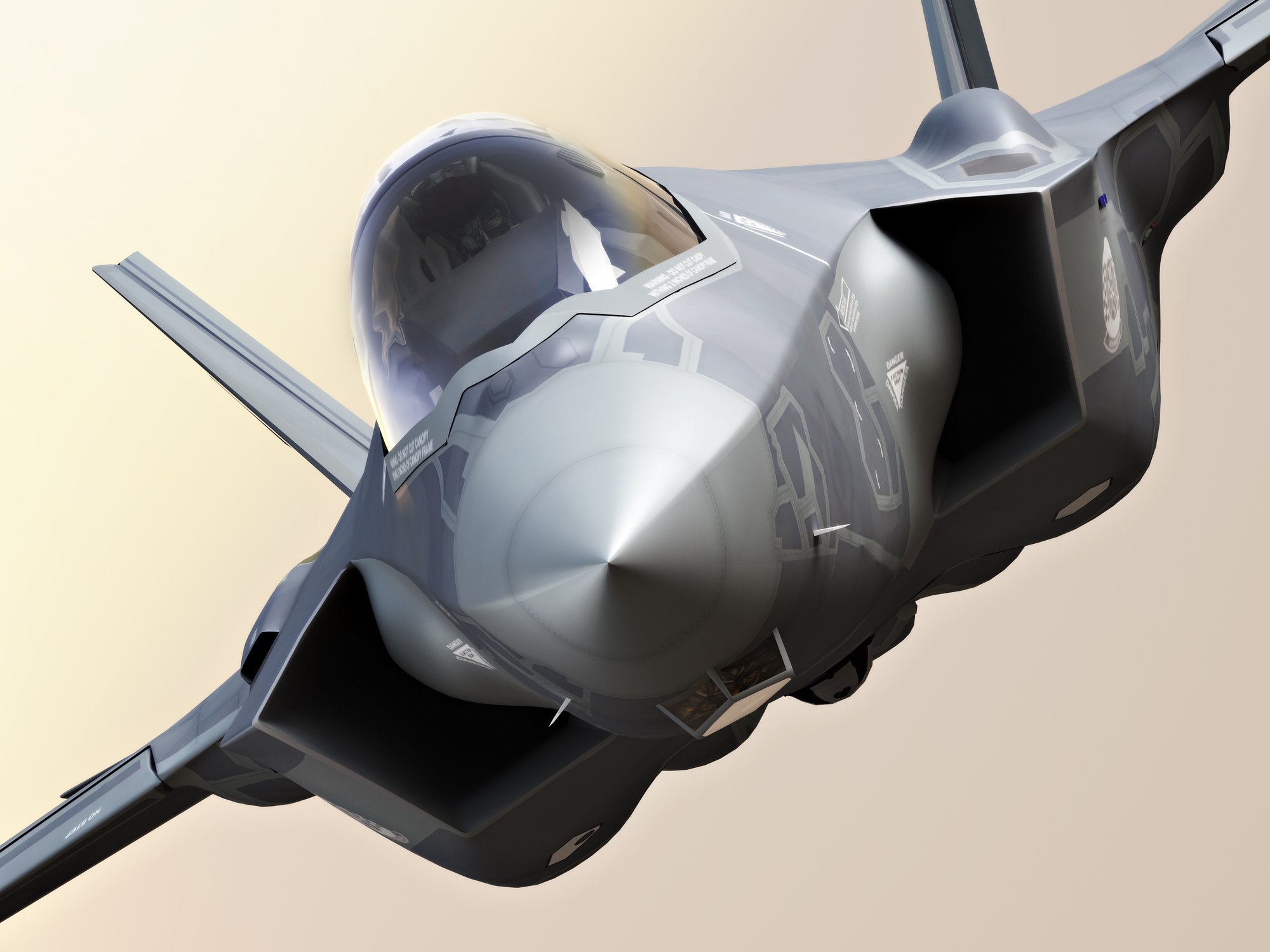The succession plan in place with the pending retirement of Lockheed Martin (LMT 0.58%) CEO Robert (Bob) Stevens was right on schedule. Beginning the first of the new year, current Lockheed President and COO Chris Kubasik was all set to take the helm of the $29 billion defense contracting leader.
Then, the other shoe dropped. On Nov. 9, Stevens was forced to make the kind of public announcement every CEO must abhor; his next-in-line resigned after an ethics committee investigation, which found Kubasik had "a close personal relationship" with a subordinate employee. With Kubasik out of the picture, Marillyn Hewson got the nod, and will take over as CEO effective Jan. 1, 2013.
Bad timing all around
As if missing out on the chance to lead one of America's great defense contractors wasn't bad enough, Kubasik's impropriety couldn't have come at a worse time. With massive defense cuts looming, growing shareholder value requires Lockheed to hit on all cylinders. Instead, Lockheed got thrown a wicked curveball in the bottom of the ninth.
Industry rival Boeing's (BA +1.44%) recent announcement to shed 30% of its management team is indicative of what defense industry contractors can expect going forward. In preparation for what's coming, Boeing's workforce reduction will save another $1.6 billion by 2015, on top of the $2.2 billion in expenses it already shaved since 2010.
Lockheed's been down the cost-cutting path, offering its managers incentives to part ways over the last several years. With defense spending cuts coming, Lockheed is less prepared than Boeing. Boeing continues to generate massive commercial airplane orders, in addition to defense contracts totaling $22.85 billion in the Department of Defense's fiscal 2012.
Of Lockheed's trailing $46 billion in annual revenues – give or take – in the past year, nearly half came from Department of Defense contracts (just shy of $23 billion). That percentage of revenue coming from one source is a lot of eggs in one basket, and that's a scary proposition for Lockheed shareholders. After the Nov. 9 announcement of Kubasik's resignation, Lockheed and the Department of Defense sat down for a much needed chat. Thankfully for shareholders, it appears the conversation was a productive one.
DoD is gives Hewson a thumbs-up
The combination of Stevens staying on as Lockheed's executive chairman and Hewson taking over on Jan. 1 as CEO is just fine with the folks over at the Pentagon. With one caveat: Lockheed needs to keep its eyes firmly focused on the F-35 fighter jet contract. Like Lockheed, the Pentagon needs defense wins too, or even more cuts become a legitimate possibility. The F-35 could be the win both Lockheed and the Pentagon need.
As it happens, Hewson has been with Lockheed for nearly 30 years, and was already a part of the Lockheed team involved in high-level talks with Pentagon officials regarding the F-35 contract. With talks between the two dragging on, there's been concern the relationship between Lockheed and the Pentagon was becoming strained. The recent discussions appear to have allayed at least some of those concerns, at least for now.
Lockheed's industry leading dividend yield is over 5%, but like defense contractors Northrup Grumman (NOC 0.40%) and General Dynamics (GD +0.39%), they lack the success of Boeing in the commercial aircraft market. As with Lockheed, General Dynamics reliance on defense contracts (it's the No. 3 defense contractor), and Northrup (No. 5 in fiscal 2012), is troubling.
The uncertainties surrounding the election and the impact on defense budgets, has left the industry as a whole fairly valued. Lockheed, with its trailing P/E around 10, is right in line with General Dynamics and Northrup, and less than Boeing's hardly expensive 13 times trailing earnings. And all, like Boeing, have sound balance sheets, along with providing shareholders with a solid dividend.
But Boeing's the biggest and best of them all, with over $11.1 billion in cash and a seemingly never-ending stream of plane orders – both commercial and military. Lockheed will come out of the recent embarrassments and missteps just fine, but keeping up with Boeing's another matter.





